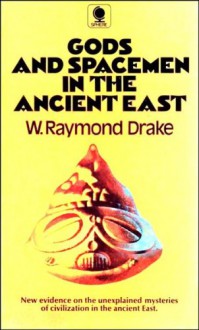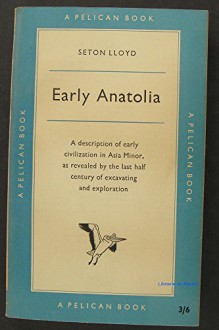
I suspect that Vermes is probably the foremost expert on the Dead Sea Scrolls since it seems that every book about it is either written, or edited, by him, but then that is simply an observation that I have made. For those not familiar with these ancient documents they were found hidden in a cave by the Dead Sea in about 1947 by a young shepherd and they have been classified as one of the most significant archaeological finds of the last century. Basically they are a collection of scrolls written by a Roman era Jewish sect known as the Essenes and among the many non-biblical scrolls they also contain a complete copy of the book of Isaiah and pretty much sections of every other book of the Old Testament, and most importantly, some of these scroll date back to at least 100 BC. In fact, other than the Babylonian tablets and the Egyptian wall writings, they are probably some of the oldest texts that we have.
The Essenes were an isolationist Jewish sect that had become disgusted with both sides of Jewish politics, being those collaborating with Rome and those rebelling against Rome, and took the third option: leave society and go an establish your own, pure, society in the middle of the desert. These scrolls actually contain details of their cleansing rituals as well as admission requirements for new members. In fact, they appear to be very cultish, effectively rejecting the world of the day and having pretty much nothing to do with it. They would be very similar to some of the isolationist Christian cults that we see around the place, though probably closer to say the likes of Branch Davidian than some of the cults that actually abide by the rules of society, while living separate from them (remember, the whole Branch Davidian fiasco really came down to the fact that they we so isolationist that they refused to pay taxes, which is why the FBI came down so hard of them - they were not terrorists like the Jewish Zealots were).
These scrolls also give us an insight into the ways that the Old Testament books were written, in that we have a number of scrolls which contain merely outlines of the books rather than the complete text itself, as well as commentaries on various aspects of these books. The Essenes were very traditional Jews, so the scrolls really only contain literature that relates to Jewish Literature than to any of the foreign influences that we find in the Gnostic Gospels. The Jewish mind set of the day was generally to reject anything that was not Jewish (unless you were a collaborator and then all bets were off).
These scrolls are pre-Christian, and in fact pre-Christ, so despite suggestions to the contrary, there are no New Testament documents among the collection. However, we do have glimpses of the idea of the Messiah in these texts and what the Essenes at least were looking for. However, it appears that they were not looking for one, but two, separate Messiahs, one being a teacher and another being a ruler. Many of the fundamentalist Jews of the day were expecting a warrior King, along the line of David and Joshua, rather than a king of Wisdom, along the line of Moses and Solomon. This also comes out amongst the scrolls, particularly with references to the Kittim, which we understand as being the Romans.
Remember, things were different in those days in that it was a lot easier to isolate oneself from society that it is now. Despite the vast tracks of emptiness that cover the world, it is difficult for us Westerners to live a self sufficient lifestyle; the government will always intrude. Now I do not necessarily consider modern government to be a bad thing, but I am not all in favour of the current practices either. In a way I consider that governments are a necessary evil. It differed for the Jews than to me though because I am a citizen of my nation-state, whereas the Jews were an occupied people. Whatever freedoms they had were always dictated to them by the Roman legate.


 Log in with Facebook
Log in with Facebook 








